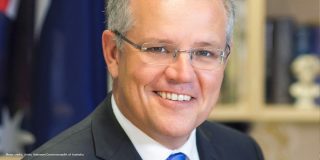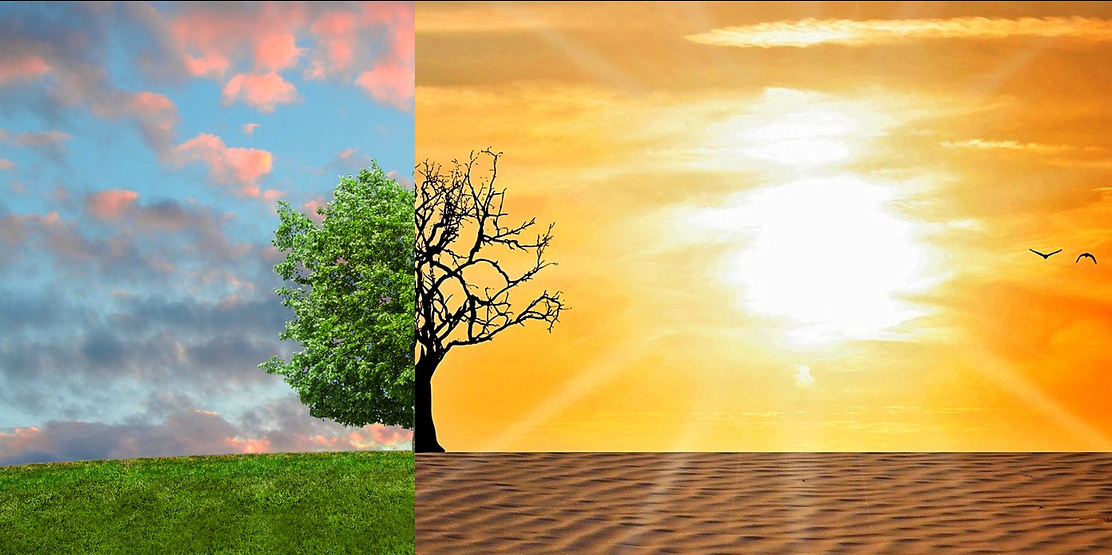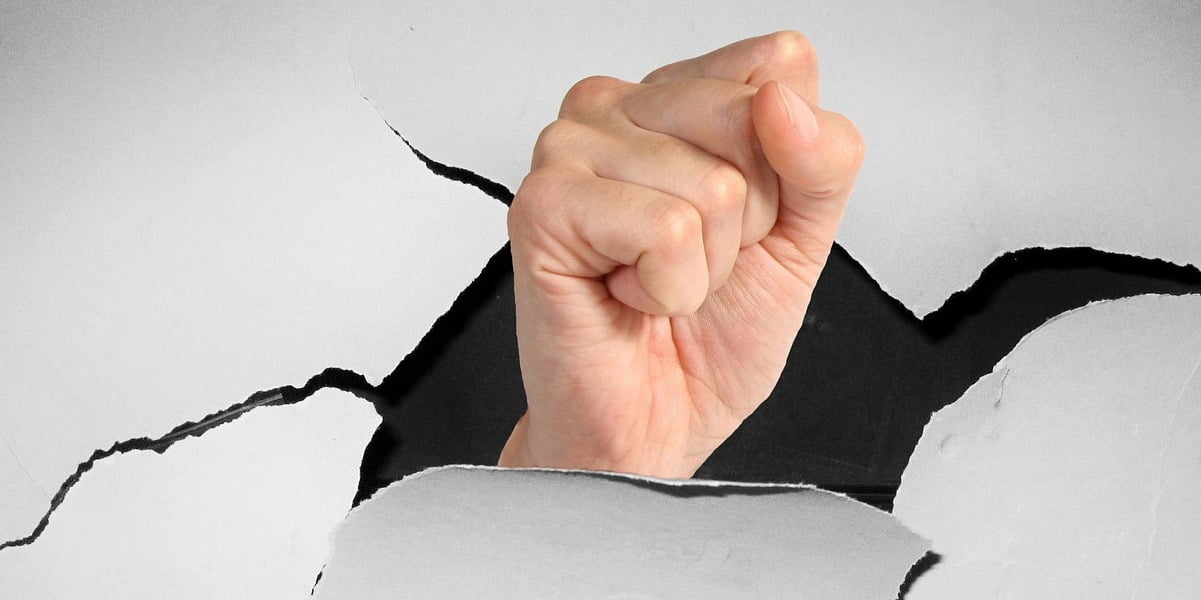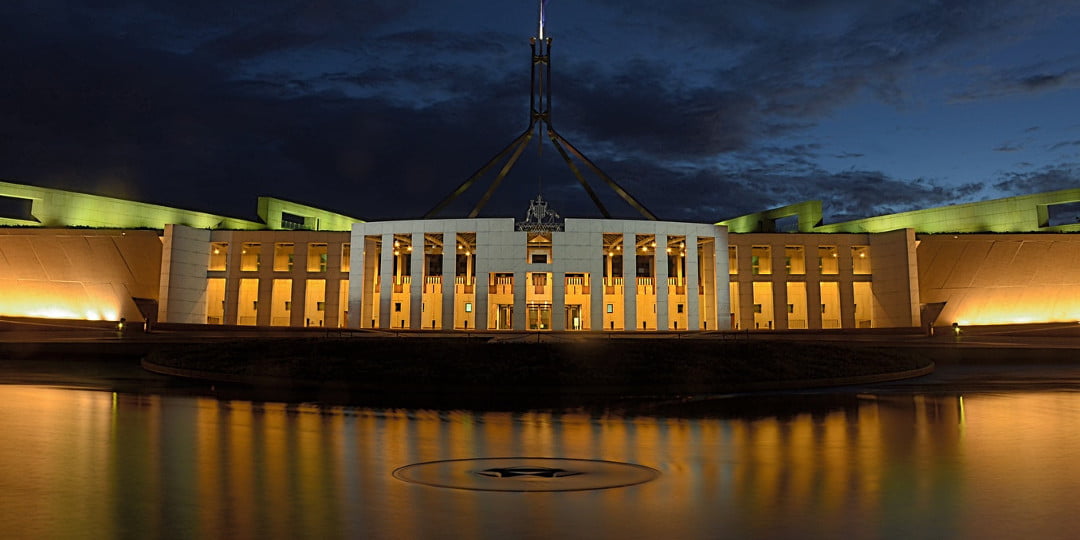I find myself conflicted this Australia Day. Do I laugh or cry?
On the one hand I am a proud Australian. I love this country. I love the fact that I can go to a footy match, sit beside supporters of my opponents, and feel perfectly safe. I love our self deprecating sense of humour, that calling a mate a “silly bastard” can be a compliment. I love the cultural diversity of our nation and the ways I am expanded and enriched by the kaleidoscope of cultures that make up who we are today.
I am a sucker for Australia’s natural beauty. I have felt pure joy as I snorkelled the Great Barrier Reef, stood breathless at the majesty of the Great Ocean Road, laughed that laugh that comes from somewhere deep inside as I’ve watched dolphins play in the bright blue waters of Port Stephens. I can still remember the rush that came from seeing a koala in the wild and get as great a kick motoring across Lake Macquarie today as I did when I was a kid in a tinny on the Georges River.
I am thankful to have grown up in a prosperous, free, and peaceful society. According to the Credit Suisse 2013 Global Wealth Report, we have the highest median personal wealth of any nation on earth, and by a long way. According to the OECD and UNDP statistical sections, we rank among the top nations on education, life expectancy and health. Indeed, the UN Human Development Index, which rates the development state of countries using a combined measure of income, health and education, ranks us second of all nations on earth. Norway is number 1.
Whatever grumbles we might have about them, our health system, schools, police force, emergency services, transport systems, infrastructure, political system, and public service, are incredible. In most parts of the world these are riddled with corruption and low capacity. That is not the case here. In my experience we are very well served. As a child I had a life threatening heart disease, and as an adult have leukemia and Parkinsons, and as horrid as these may be, if there is any country in the world you want to be when you have them, it’s Australia.
All these things and more make me proud to be Australian, and as cheesy as it may be, leave me singing myself hoarse and feeling a swelter of positive, teary emotion whenever I hear Peter Allen’s “I Still Call Australia Home” or the Seekers “We Are Australian” or Men at Work’s “Land Down Under”.
Yet all is not good in this country that I love. We have some grievous wounds that need attention. Australia is not so lucky a country for all our citizens. As the chart below shows, almost fifteen percent of Australians live below the poverty line (incomes less than half the median).
Few Australians experience extreme poverty like we see in developing countries, but relative poverty means a significant number of Australians can’t do the things most of us take for granted, and it eats away at their dignity and sense of belonging.
For a number of our indigenous brothers and sisters, and for the 105,000 homeless in our nation, poverty is extreme, and despite much progress, there is still some way to go to achieving Reconciliation.
As a comfortable, middle class Australian, I like to console myself with the myth that we are doing all we can to address this, but we’re not. As this chart shows, Australia has one of the lowest levels of public social spending in the industrialised world.
When I turn my attention to global citizenship I feel embarrassed and ashamed. Despite having the healthiest economy in the industrialised world our aid budget is mediocre compared to other nations and has just had $4.5 billion slashed from it.
When it comes to asylum seekers, we are quickly becoming a pariah nation. After an ugly race to the bottom at the last Federal election, in which each party sought to outdo the other on how cruel it could be, we are now reaping what we sowed. We have invented the fiction that our borders are under threat, painted people fleeing the most awful persecution as villains, have shirked our obligation to provide asylum, and violate both international law and the human rights of asylum seekers by locking them up in inhumane conditions in poverty stricken neighbour nations.
And finally, there’s climate change, another area we have turned our back on the world. Like a petulant child covering his ears and crying “blah, blah, blah” to block out messages he doesn’t want to hear, we have become deaf to the damage we are doing to our planet. The Australia I long for would say “As one of the worst per capita emitters on the planet, but with greater per capita wealth and with incredible ingenuity, we will turn that around. We will lead the world on the development of a green economy.”
So this Australia Day I will both laugh and cry. I will avoid the jingoistic refusal to admit we have serious flaws and the defeatist refusal to rejoice in our greatness. I will celebrate all that we are, mourn all that we’re not, and hope for all that we could be.










Well said Scott – I share your sentiments. Out hope is that we can eventually turn around those negatives! Keep up the good fight.
Sorry mate but your chart shows percent of those whose income is less than half the average income not median. It also doesn’t take into account household income or wealth. For example my wife would fall into the category but she lives in a house worth over $1m with a household income much higher than the average and she ain’t Robinson Crusoe.
I found this article shared on Facebook with most people blindly following your ill formed logic. Its this abuse of statistics that means real reform can never occur.
Hi Mark,
Not sure how you concluded that but your assertion is simply mistaken. The data on income poverty is taken directly from the OECD stats division, which uses this definition: ” Income Poverty is defined as the share of people living in equivalised households with less than 50% of median equivalised household disposable income in their country.” So a) it is the median and b) it is adjusted to reflect the situation of your wife.
Its Obvious that you have not been to a Soccer game in Melbourne, Never do you feel safe at a Melbourne Victory Game! I also feel that these cuts to international aide are necessary to keep our economy as strong as it is and has been, I you are so concerned about it and cried because of it yesterday why dont you sell all you own, and give it to a poor nation and move over to that country and work tirelessly to change there circumstances
Hi Carl,
We have an economy that generates $1.2 trillion a year. It is built on the foundations of effective business, strong resources, and high quality public goods. I’m not sure how cutting aid strengthens that. If we’re after higher saving there are plenty of other areas that create economic inefficiencies that could go.
Thanks Scott, I really appreciated reading your thoughts, and knew exactly what you meant about divided feelings on Australia Day… I was feeling the same way, there are so many amazing blessings here, and so many beautiful people and places; and yet such a poverty of spirit in so many areas. I love Australia enough to be able to laugh and cry about it…
Hi Scott, thanks for your lovely and also challenging comments! I can see many people don’t like challenge, but with great talent and wealth and knowledge come great responsibility! So we as a nation need to grow a more compassionate heart and reach out to all in need, both our citizens and those who live elsewhere. This is one world, under one God and we need to grow hearts that cry with others and share our wealt and ingenuity as you have suggested! Well done!